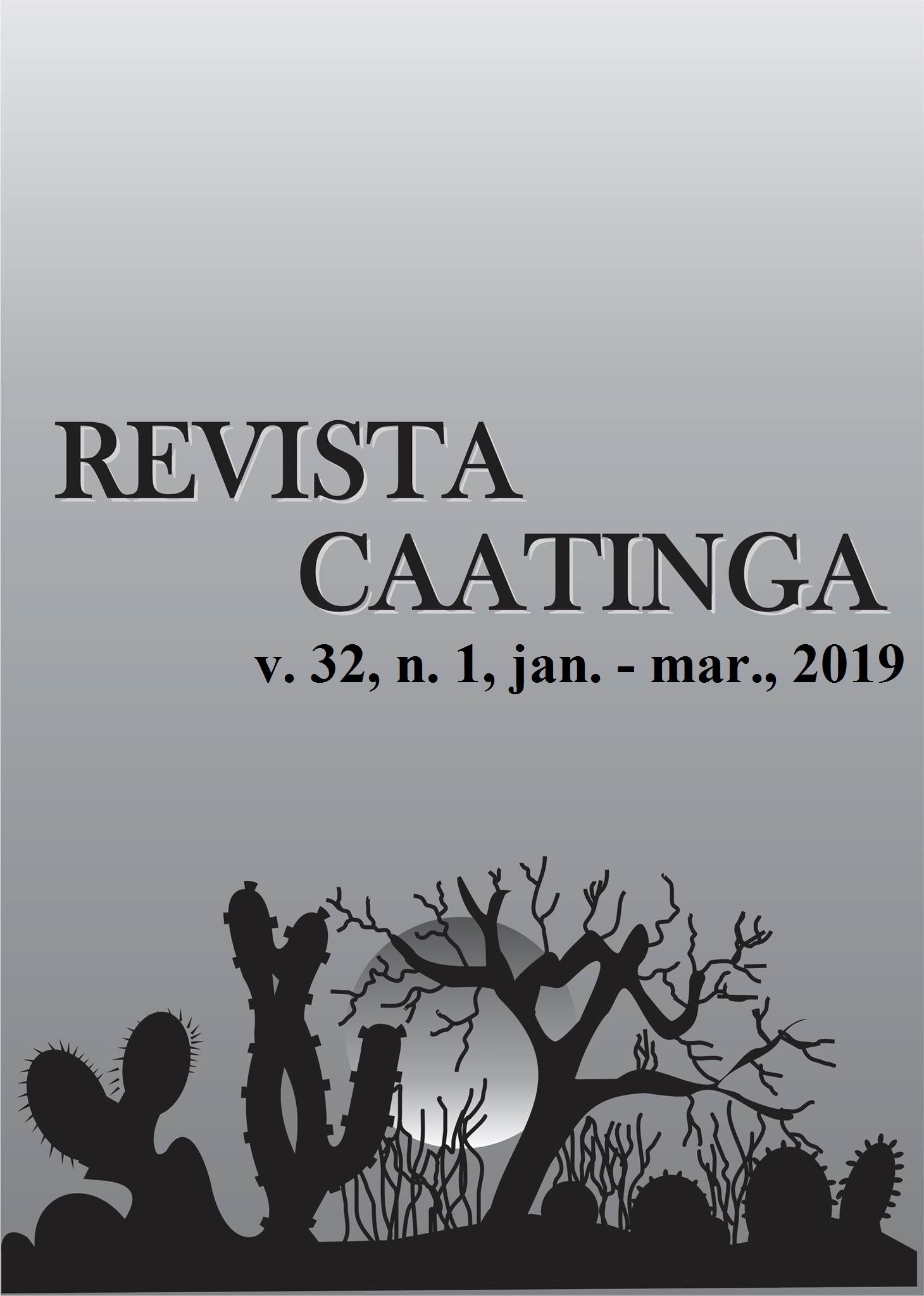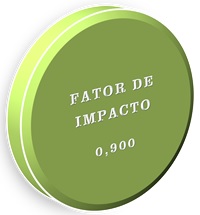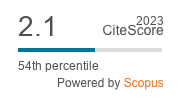POST-HARVEST QUALITY OF OZONATED MACAUBA FRUITS FOR BIODIESEL PRODUCTION
DOI:
https://doi.org/10.1590/1983-21252019v32n110rcKeywords:
Acrocomia aculeate. Storage. Ozone gas. Oil.Abstract
The presence of microorganisms, especially during storage, can lead to the rapid deterioration of macauba fruits (Acrocomia aculeata) and reduce the quality of extracted oil for biodiesel production. An alternative to ensure the quality of the oil is the use of ozone gas, a oxidizing agent that has high antimicrobial and sanitizing power. The objective of this study was to evaluate the influence of high concentrations of ozone gas on macaúba fruit and its effect on the quality of the oil throughout storage for the production of biodiesel. Ozonation was performed 20 days after harvest using fruits with and without the epicarp. Ozone was applied at a concentration of 18.0 mg L-1 and a flow of 1.5 L min-1 for 10 h. After ozonation, the fruits were stored for different periods, and the physical-chemical parameters of the oil were evaluated. The ozonation of fruits without the epicarp visually reduced microorganism attack. In general, the ozonation process of macauba fruits maintained the visual characteristics of the fruits and the physical-chemical characteristics of the oil for biodiesel production compared to untreated fruits. The average acidity values of the oil were lower in the treatments with the ozone gas. Removal of the epicarp tends to facilitate the ozonation process, potentially by improving gas penetration into the fruit.
Downloads
Downloads
Published
Issue
Section
License
Os Autores que publicam na Revista Caatinga concordam com os seguintes termos:
a) Os Autores mantêm os direitos autorais e concedem à revista o direito de primeira publicação, com o trabalho simultaneamente licenciado sob a Licença Creative Commons do tipo atribuição CC-BY, para todo o conteúdo do periódico, exceto onde estiver identificado, que permite o compartilhamento do trabalho com reconhecimento da autoria e publicação inicial nesta revista, sem fins comerciais.
b) Os Autores têm autorização para distribuição não-exclusiva da versão do trabalho publicada nesta revista (ex.: publicar em repositório institucional ou como capítulo de livro), com reconhecimento de autoria e publicação inicial nesta revista.
c) Os Autores têm permissão e são estimulados a publicar e distribuir seu trabalho online (ex.: em repositórios institucionais ou na sua página pessoal) a qualquer ponto antes ou durante o processo editorial, já que isso pode gerar alterações produtivas, bem como aumentar o impacto e a citação do trabalho publicado (Veja O Efeito do Acesso Livre).







